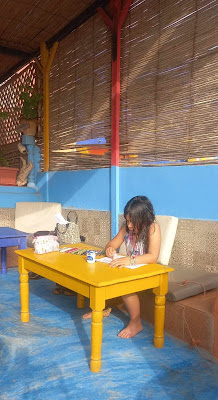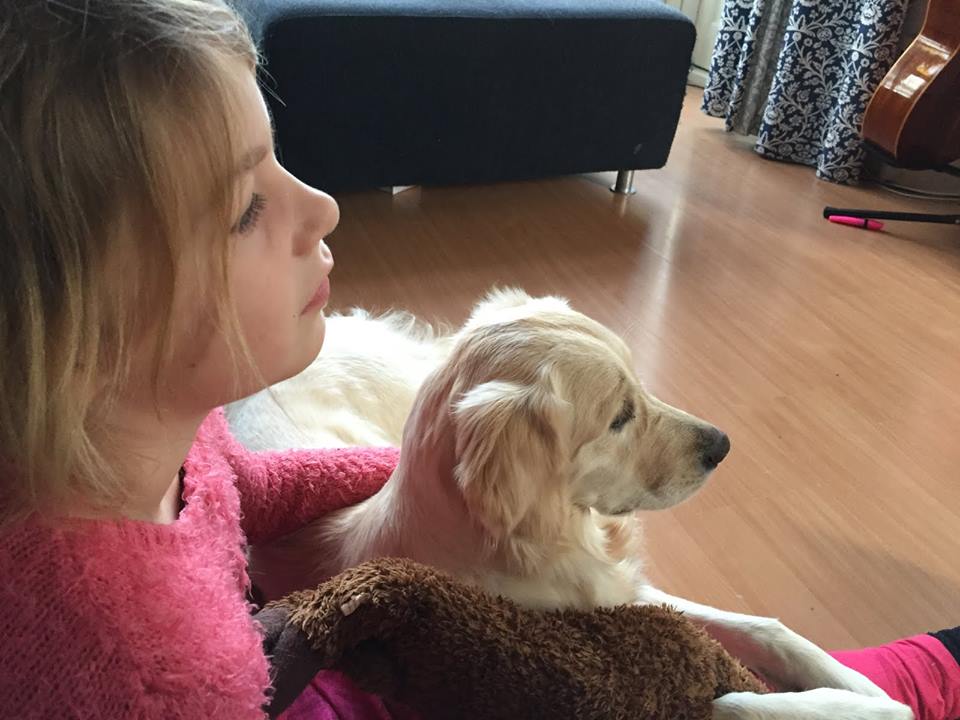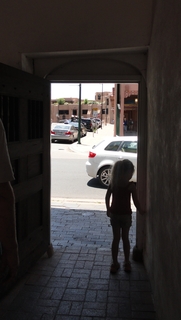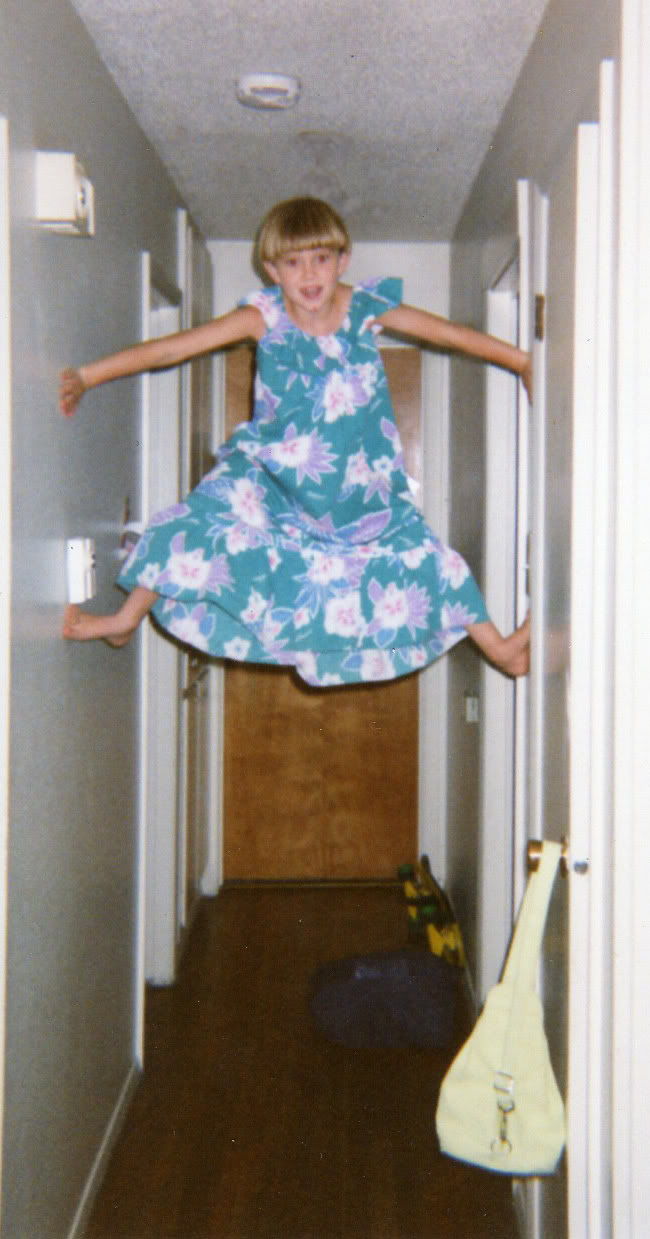Glenda wrote:
When I'm tired or hungry or don't feel well, I have to be more thoughtful about how I talk to my husband and how I think about him, because it's easy for me to slip into a negative place and to focus on the things he didn't do that I wish he had or the things he did that annoyed me.
One of the best things I've done for our marriage is to be more quiet when I'm tired/hungry/not feeling well. In those instances, I'm more prone to feel like snarking at my husband, or commenting on something he did / didn't do, or otherwise saying something that would be hurtful to him.
What goes along with that, for me, is to remind myself of the things he *does* do. And also to remind myself that "it's not all about ME!!" If the trash is full and he doesn't take it out when he heads outside, him not taking it has nothing whatsoever to do with me, in spite of what my tired/hungry/cranky brain may want to think in that moment. 😉
When you're feeling competitive with your husband, be aware of what you're thinking and be aware of how easy it could be, in that moment, to snark at him. Then make the choice to not snark at him. And make the choice to think nice thoughts about him, to think about the nice things he does for you and your daughters. Be the one to make the better choice in that moment, to not say or do something that contributes to the competitiveness.
—Glenda (wtexan)
SandraDodd.com/change
photo by Cátia Maciel
















